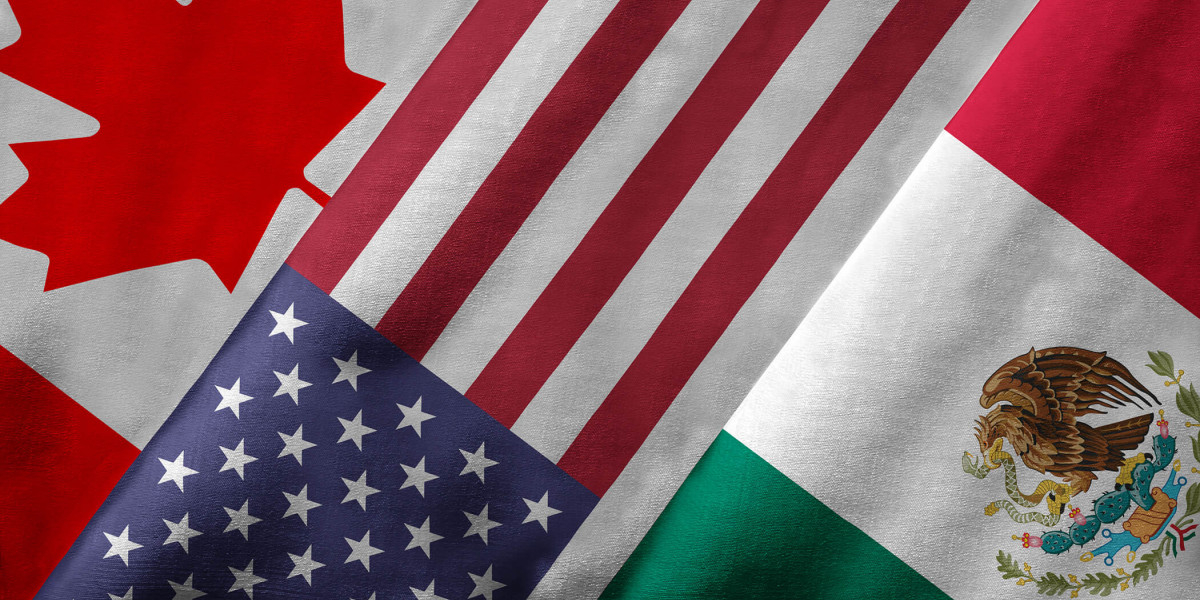
September 22, 2017
NAFTA was originally negotiated during the Presidency of George H W Bush, but he was defeated before it could be ratified by the Senate. A skeptical Bill Clinton came to office with the usual Democratic skepticism of free trade. However, he was persuaded that he could insist on some changes which made the agreement more environment and labour friendly.
After discussions with the unions and the environmental community, two “side agreements” were negotiated and added to the agreement. They sufficiently mollified the Democratic majority in Congress that NAFTA was ratified by the Senate.
The discussions about the environment were largely driven by the concern that governments might be tempted to relax their environmental laws and regulations to attract new investments (the so called “race to the bottom”) and by the hope that the three countries could build upon a shared concern for some continental ecosystems. This joint concern goes back to the time of the first World War and the depression when the first migratory bird conventions were agreed. There was also legitimate concern about the migration of airborne pollutants, with evidence of some pesticides only used in the American South ending up in Lake Superior, for example.
The environmental side agreement contained some novel elements. First, a trinational commission was set up with its headquarters in Montreal. In addition to the regular functions of an international Secretariat of research, communication and the like, it has a mandate to consult North Americans about their views on continental environmental issues. They have established a Committee which holds regular public hearings in the three countries. Secondly, the citizens of all three countries can make a submission to the CEC on the basis that an environmental law is not being enforced by one of the governments. The Commission can order an investigation and its findings are made public.
So NAFTA was a pioneer in the inclusion of the environment in trade agreements. This is now taken for granted and both the CETA and the proposed TPP contain environmental chapters. But NAFTA remains unique in establishing an institutional mechanism to allow citizens a role in the development and execution of environmental policy.